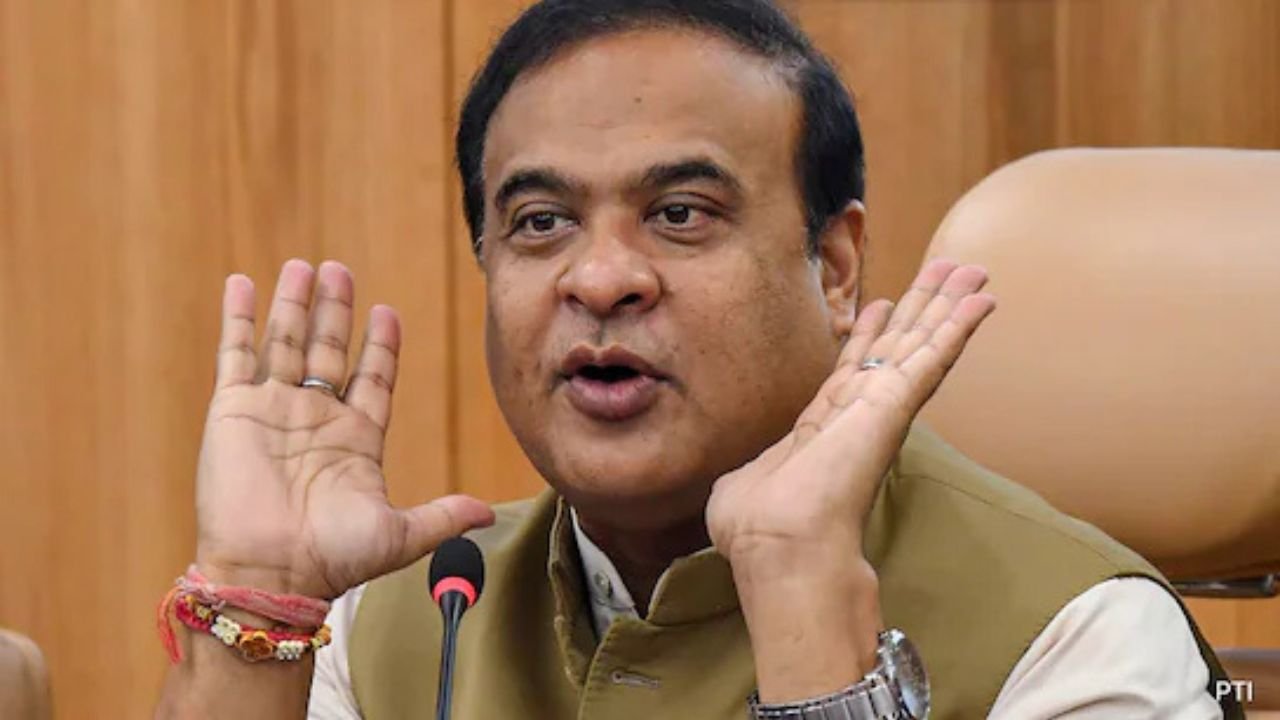The Assam government has announced plans to introduce a bill banning polygamy in the winter session of the state assembly on November 25, 2025. If enacted, the law would criminalize polygamy and carry a penalty of up to seven years’ imprisonment. Chief Minister Himanta Biswa Sarma described it as part of a broader campaign for gender justice and women’s rights, an extension of the government’s ongoing campaign against child marriage.
The bill’s primary objective is to bring personal laws in line with the promise of equality enshrined in Article 14 of the Constitution. While polygamy is already illegal under the Hindu Marriage Act (1955), the Indian Christian Marriage Act (1872), and the Special Marriage Act (1954), it is permitted in a limited manner under Muslim personal law. This initiative by the Assam government seeks to address this inequality and prohibit polygamy in all communities, except those protected under the Sixth Schedule.
Supporters’ Arguments and the Social Justice Aspect
Supporters of the bill argue that selective exemptions perpetuate inequality. Although the prevalence rate of polygyny is low—around 1.9% according to NFHS-5 (2019-21)—research shows that women in such marriages face disproportionate psychological, social, and economic hardships. The Law Commission of India (Report No. 227, 2010) found that polygyny causes mental distress and economic insecurity for women and children. Therefore, it is not the prevalence of polygyny but the symbolic meaning behind it—a contradiction to the equal rights guaranteed by the Constitution—that is important.
The Assam government views this as a continuation of social reform. A previous campaign against child marriage resulted in the arrest of over 5,000 offenders in 2023. These measures represent an attempt to reconcile traditional practices with modern legal standards, especially for marginalized women.

Criticism and Issues of Freedom of Religion
However, critics view it differently. Some religious and community leaders, particularly from the Muslim community, say the bill violates religious freedom under Article 25, as Muslim personal law allows limited polygyny. Others see it as a political initiative—an indirect step toward a Uniform Civil Code, which has long been contested as a majority view.
The government clarified that the bill only criminalizes polygyny and does not affect other personal laws such as inheritance, succession, or divorce. Tribal communities protected under the Sixth Schedule are excluded. According to legal scholars and reformists, several Muslim-majority countries have already enacted similar reforms—Turkey banned polygyny in 1926, Tunisia in 1956, while Bangladesh and Indonesia allow it under strict legal conditions.
The Need for Education and Empowerment Along with the Law
Social scientists warn that law alone cannot change deeply ingrained practices. For real change, legal reform must be combined with education, awareness, and women’s economic empowerment. Otherwise, this punitive law could encourage polygamy to continue in secret or illegal forms, leaving women even more vulnerable.
From a political perspective, this proposal positions Assam as a pioneer in the idea of a Uniform Civil Code in India, although the Chief Minister has described it as “Assam-specific.” It is being considered a test case for broader national reform. But its long-term legitimacy will depend on how it is implemented with fairness, dialogue, and respect for India’s multicultural identity.







